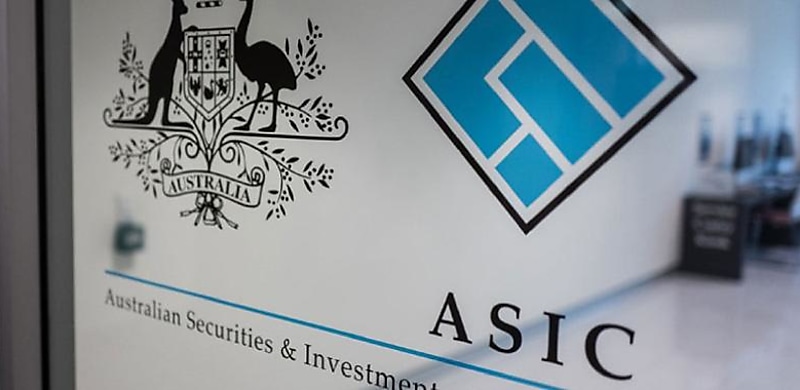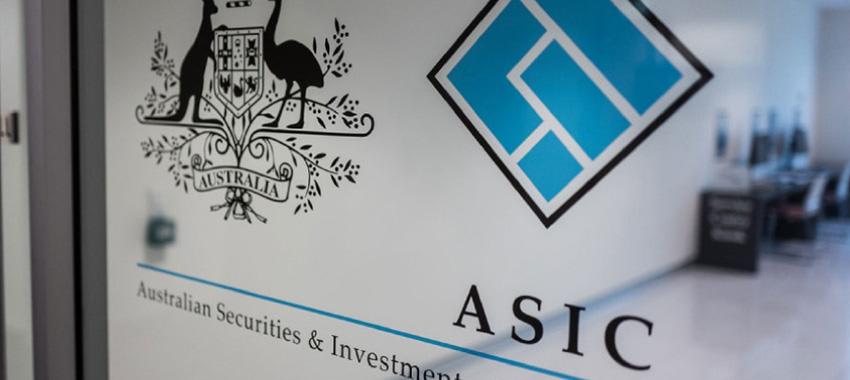
ASIC failed to overturn a Federal Court finding that the Commonwealth Bank of Australia and Colonial First State did not receive “conflicted remuneration” benefits under a superannuation agreement.
The Full Court of the Federal Court of Australia dismissed an appeal brought by the Australian Securities and Investments Commission, which had alleged Colonial breached the law when it paid CBA to distribute superannuation trust Essential Super.
ASIC commenced proceedings in June 2020 after Essential Super had been a case study in the Royal Commission into Misconduct in the Banking, Superannuation and Financial Services Industry.
The regulator alleged that the arrangements between the major bank and Colonial had breached the ban on conflicted remuneration under ss963E and 963K of the Corporations Act 2001.
In September last year, Justice Stewart Anderson found the payments made by Colonial to CBA did not constitute benefits within the definition of “conflicted remuneration”.
He added the statutory context of the provisions was focused on situations where a financial adviser had a financial incentive.
On Thursday morning, the Full Court found Justice Anderson was “correct to conclude the benefits were not conflicting remuneration”.
In addition to dismissing the appeal, ASIC has been ordered to pay the costs of the appeal for CBA and CFS.
ASIC deputy chair Sarah Court said the regulator had pursued this matter because "conflicted remuneration has the potential to cause consumers to be given financial product advice that may not suit their needs".
"While the Full Court dismissed the appeal it accepted a number of ASIC’s submissions and, importantly, clarified the meaning and reach of the conflicted remuneration provisions for future matters," Ms Court added.
The regulator noted it will consider the judgment carefully. ASIC has 28 days to lodge any application for special leave to appeal to the High Court if it decides to do so.
Previous charges dismissed
In 2021, ASIC filed criminal proceedings against CBA, alleging that the major bank made false or misleading representations to customers when selling consumer credit insurance (CCI) between 2011 and 2015.
This was alleged to have been in breach of ss12GB(1) and 12DB(1)(e) of the Australian Securities and Investments Commission Act 2001 (Cth) (the ASIC Act).
While CBA had already refunded affected customers and pleaded guilty to the 30 criminal charges, the criminal proceedings have now been dismissed.
On 14 December 2022, the Federal Court made orders by consent dismissing the proceedings against CBA as it had found that the statute of limitations had now passed.
[RELATED: Criminal proceedings against CBA dismissed]

